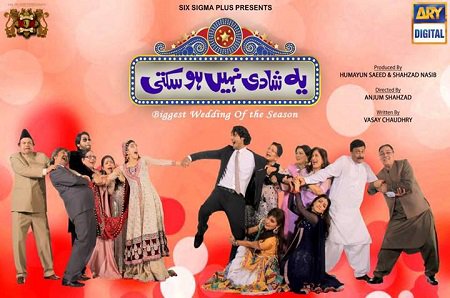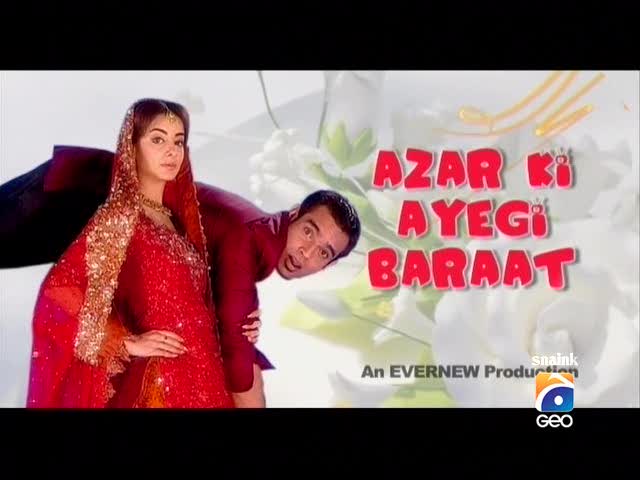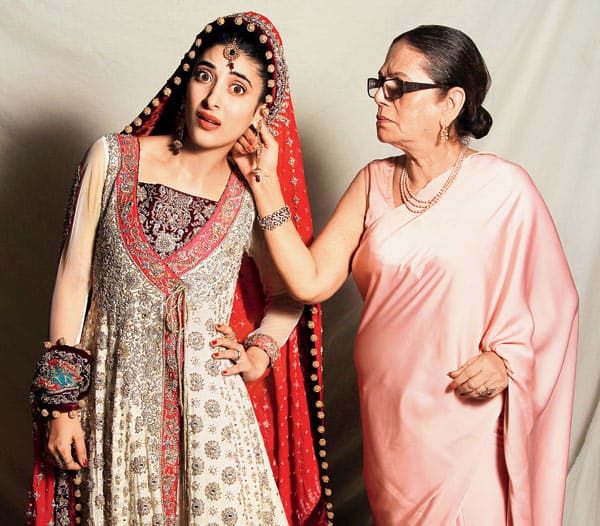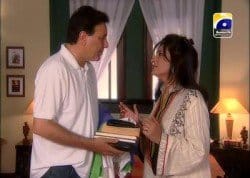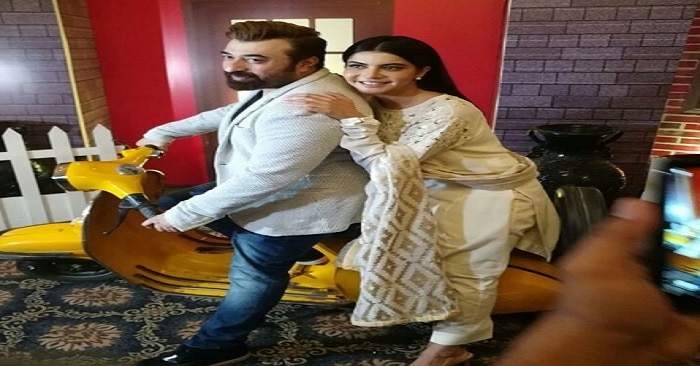There are few Pakistani Dramas that tend to leave an impact and are labelled as a personal favorite of the crowds. A habitual practice brings me to open up YouTube on my phone and occasionally re-watch an already aired drama from some time ago. I’ll admit that one of the main reasons behind it is merely to pass the time and yes, to make up for quite monotonous serials, un-entertaining transmissions and the frightful news that one simply needs to escape from every once in a while.
As my fingers momentarily pause over the virtual keyboard and my mind would search for dramas that I liked, I flashed to some 4-6 years back, when there was a time that my entire nuclear family would sit down to watch television together.
It isn’t something that I would regard as unusual presently, but it is something that I sorely miss. Amidst the hassle of modifications and transfiguration of our lifestyle, women usually flop over the lounge couch to watch their dramas at night, whereas men would take refuge in watching either the news or a movie on another television set. And they can’t be blamed for doing so. How much more can a man enjoy himself by viewing the repeated story-line in ever screen play, where he is portrayed as a evil husband who finds no other pleasure than to physically abuse his wife? Won’t children find it tiresome to see the same troubled woman crying her eyes out and gaining the undeserved sympathy of the viewers by playing the weakling she shouldn’t be? Also, will this not influence their physical and mental development as well as the insight of their surroundings?
Take a look back at Yeh Shaadi Nahi Hosakti aired on ARY in 2013 or even the memorable wedding series of GeoTV starting from Azhar Ki Ayegi Baraat in 2011. These dramas comprised of characters that had small ordinary roles, yet they were acted so naturally that they became an instant success. The story-lines were centered on marrying off a couple, with the hardships that usually came with being in a relationship, the bride and groom’s family differences as well as the amusement brought along with the circle of friends being the reception groups for both parties; often seemingly to be stretched and elongated. However, this careless aspect was extremely minor in comparison to the sound ones and could be ignored, so that the overall impact was in regardless, quite compelling.
Most importantly, these dramas were such that the entire family would be equally entertained as an individual. There were no negative roles, only sides which, logically, every family member tends to have and contributes to the special bond that a family, especially a joint one, possesses. For example, in Yeh Shaadi Nahi Hosakti, the bride’s aunt Dure, was adamant on the wedding being called off because of her dislike for the groom’s family status, but she wasn’t vilanious all the way through.
Such dramas are relatable and adept; for every household has, in one way or another, been a part of these situations realistically such as Sila’s parents getting separated, Dolly’s father getting married again, the unhappy hitches of being in marriage etc.
Moreover, these plays do not tend to diverge people in accordance with their differences and conceive ratings by tearing families apart with every emotional outburst and temperamental violence, but focuses on how these distinctions can be put aside so as to converge people even closer than before. It might seem like creating a fictional bubble, but in truth, we have made the idea of families sticking up for each other as an impossible task by being suspicious of each other’s motives.
The aforementioned dramas on the other hand, put the famous Anna Karenina principle : Happy families are all alike; every unhappy family is unhappy in its own way, into play as well. In order for a family to be happy, it must be ready to accept one’s dissimilarities and unhappiness.
Drama, suspense, comedy (as well as folk music and dance) are amalgamated into one and these variations in the script prevented the viewers from getting bored with respect to repetition.
As mentioned previously, these on-screen plays added the element of the diverse cultures and families, (having polar languages, customs, rituals and traditions) that dwell within different cities and provincial states of Pakistan which was always hilarious as well as insightful, for in spite of the differences that may be present, it puts an emphasis on unification all the same.
In addition to this, the dramas tackle societal and communal issues with the same virtuosity and also tend to portray the message of the generation gap that exists, and is perhaps larger than ever, among our age groups so as to make both adults and youngsters comprehend the process of how to handle it strategically and understand each another better.
All in all, it is a pity that such dramas aren’t produced anymore, but we have our hopes up into the making of another one just the same. What are your thoughts regarding these two dramas? Let us know with your comments!

